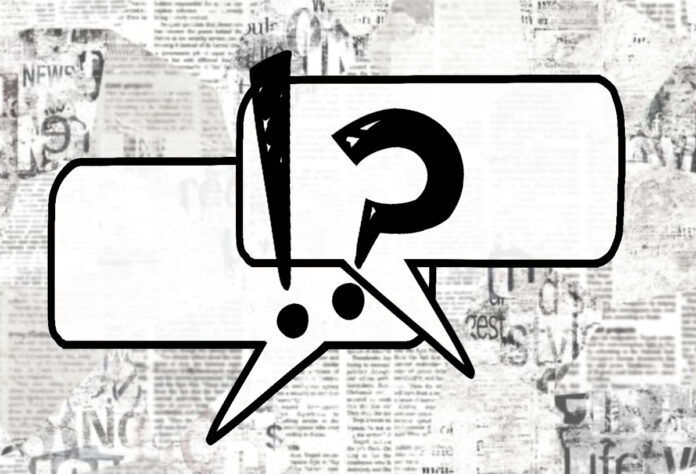Ethan Auclair ‘28 (he/him) is from Savannah, Georgia. He is a prospective public policy or economics major. He is also a hall representative for his dorm. Contact him at egauclair@wm.edu.
The views expressed in this article are the author’s own.
Like all people in the United States, journalists are entitled to the right to free speech on social media platforms. Yet, social media is a double-edged sword for journalists.
While platforms such as X (formerly Twitter), Instagram, YouTube or Facebook give journalists direct access to their audiences, allow them to share stories (news-related or not), provide updates and form relationships with readers, social media platforms start to blur the line between personal and professional reporting.
So, should journalists share their opinions on social media? There is not a clear-cut answer.
In a perfect world, journalists would remain impartial, and allow their work to speak for itself. But, the reality is that journalism would not be journalism without sharing personal beliefs or opinions. Especially on social media, the audience expects to see a voice and the person behind the journalism.
Opinion is part of the job for many journalists, particularly those in entertainment and popular culture. Because of this, their audiences expect a certain voice or perspective on an issue.
The stakes are much higher for news reporters, especially those covering tense political debates or social issues. Should a journalist who regularly reports on a particular political beat reveal a personal political opinion that may taint their neutrality? Suppose a reporter covering the 2024 presidential election posts on X supporting a particular candidate. Even if the reporter believes their post is fair, their audience may question whether their coverage has reflected a personal bias.
When the trust between a journalist and the audience is broken, it proves very difficult to repair. A journalist may never reach as large an audience as before, or they may lose their job altogether.
Still, there are times when silence can inflict more harm than good. Journalists are sentient people with values, and often, in matters of social justice or human rights, one can’t really find a neutral position. In this instance, speaking out may show an audience that the journalist is not just a passive onlooker to injustice and actually cares about the issue they are reporting on.
Of course, there is a balance that has to be met here. Rather than taking some divisive stand, for example, journalists can be purposeful with language and have the main concentration of a post be verified facts, credible sources and conversation that enhances discussion. But again, not every sharing of information requires taking a side. For example, a journalist may share a post about a court ruling — or an update — without adding personal comments, but with context that will help the audience understand the ruling’s importance and relevance.
In the end, journalists need to decide for themselves what judgments feel right for the role they and their audience are in. For a general rule: if posting something could potentially raise any questions about a journalist’s credibility, then it shouldn’t be posted. But, if circumstances demand a word be said, journalists should have the freedom to use their platform.

